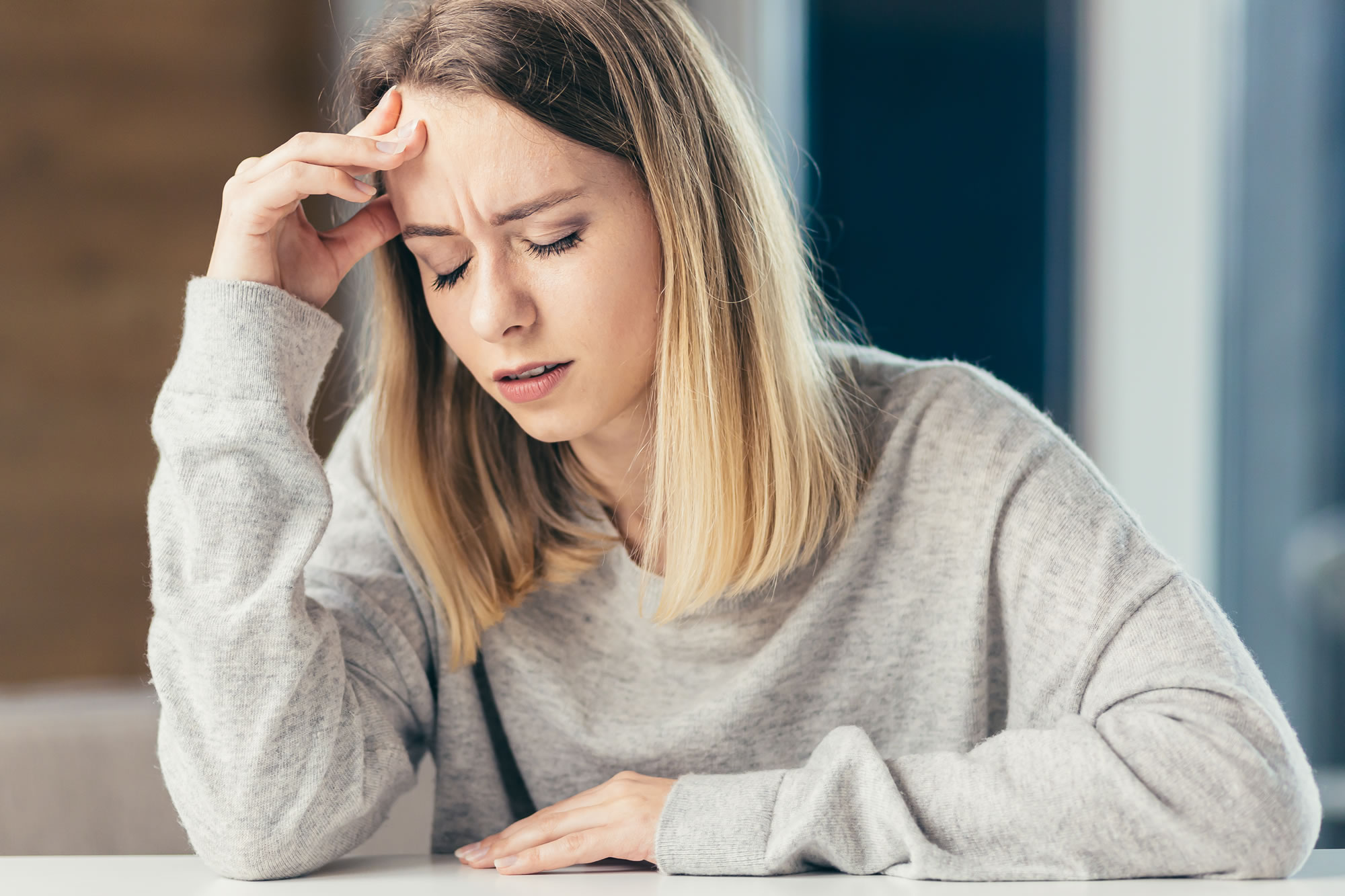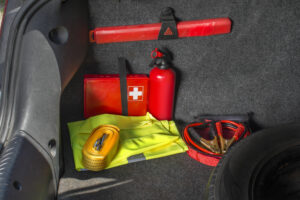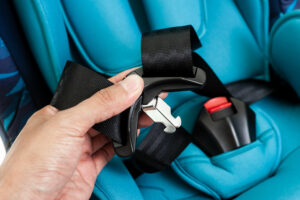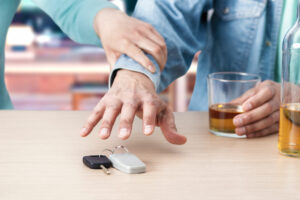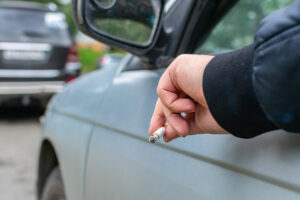Post-traumatic stress disorder (PTSD) is a common mental health problem suffered by people following a serious car accident. Knowing what to look for and how to get help can make a big difference in your recovery.
The Canadian Mental Health Association defines PTSD as a mental illness following exposure to a traumatic situation involving death or the threat of death, serious injury, or sexual violence. Anxiety Canada also provides an excellent resource for understanding, identifying, and living with PTSD.
For many car accident victims, PTSD is a very real concern. If left unchecked, PTSD can lead to more serious problems like depression, drug or alcohol dependence, thoughts of suicide, and physical health problems. That’s why it’s important to recognize the signs and talk to a doctor or counsellor about it.
So what should you look for? The signs of PTSD can start very early. In the hours and days after a crash, victims often feel a sense of shock and disbelief, lingering feelings of anger, anxiety, or worry, and a fear that it might happen again. Victims also note reliving the accident in their minds, both when awake and when asleep. For those suffering from PTSD, these feelings of stress and anxiety can last for weeks and months after the accident.
Of course, it’s quite normal to feel anxious after a car crash – it’s a jarring and frightening experience. For most people, those feelings quickly go away. They put the accident behind them and move on. Yet for people with PTSD, those feelings stick around much longer and can have a debilitating impact on daily life. Some signs that you may have PTSD after a car crash include:
- General uneasiness and anxiety
- Irritable, excessive worry, or feelings of anger
- Nightmares, difficulty sleeping, and restlessness
- Lingering memories of the crash, reliving it mentally and thinking about it often
- Feelings of distress about driving or getting into a car or being around moving vehicles
If you’ve been in a car accident and are experiencing these problems, get help. Talk to your loved ones about the problem and your feelings and seek the advice of a trained counselor or mental health professional. Bottling up these feelings and keeping them to yourself only prolongs the problem and can make things worse.
And remember, if you do have PTSD, it’s also important to look after your physical health. A healthy mind and a healthy body go hand in hand. Do your best to stay active, eat a healthy diet, and get back to regular routines as soon as possible. All of these help to alleviate some of the mental stresses suffered after a crash.
Mental health is just as important as physical health. While a serious car crash can leave you with serious injuries, you also need to pay attention to your mental health. You can learn more about PTSD by clicking the resources below and making sure to share them and this article on social media with the hashtag #BackToLifeWithSV.

